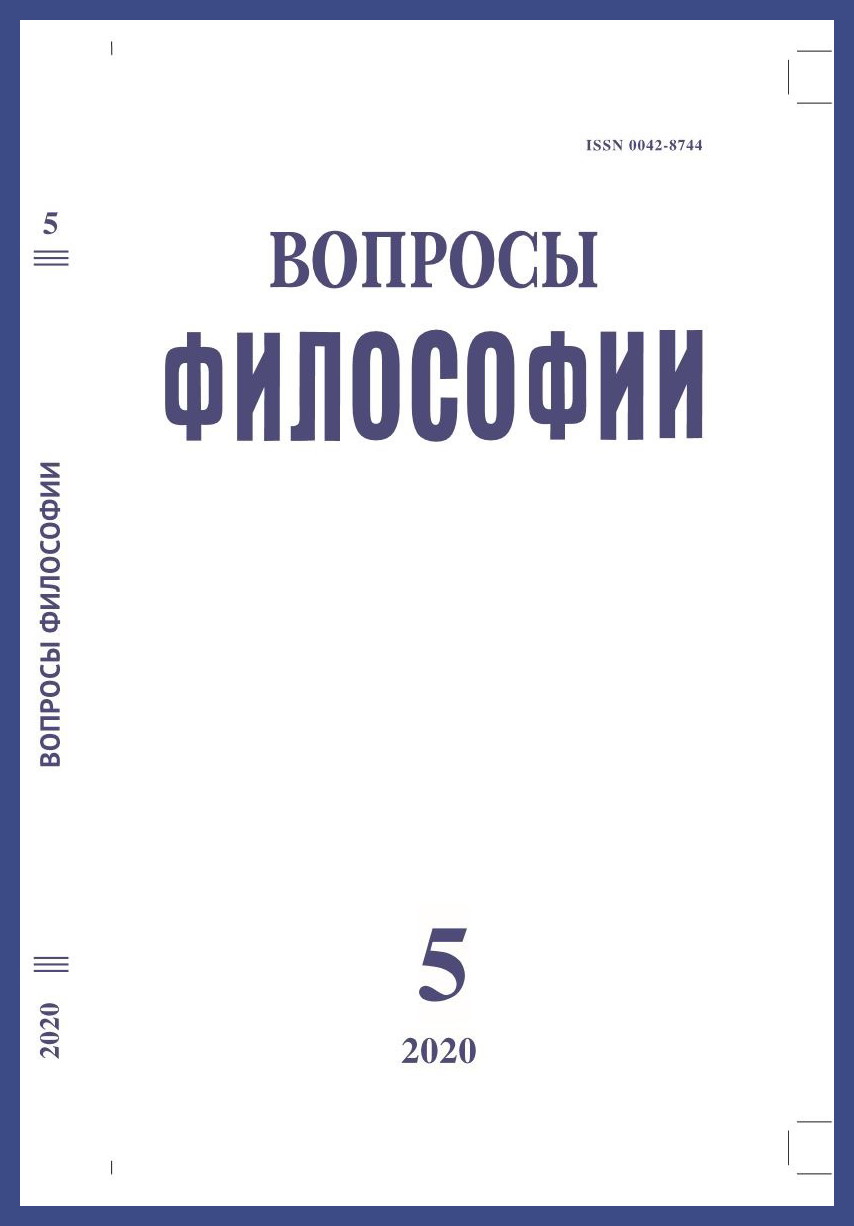The Problem of Quality Education in The Digital Economy
DOI:
https://doi.org/10.21146/0042-8744-2020-5-90-93Keywords:
word and image, media education, online courses, liberal education, posthumanismAbstract
New computer technologies allow radical modernization of the educational process, and these opportunities are being realized before our eyes. The author at the same time notes that they cause concern among the humanities. Pupils and students are less and less reading books and are getting more information on the Internet. Next in line is the reduction of lecture hours. It is already obvious that the professor’s erudition is inferior, for example, to Wikipedia. In addition, there is an opportunity for online courses, which are prepared by leading experts and can be perceived anywhere in the world, where there is access to the Internet. Economists are concerned about the fact that the cost of education is not only not falling, but on the contrary, is increasing. The State is no longer in a position to bear this burden. In this way, digitalization opens up new opportunities to address productivity issues, accessibility, mobility, and the gap between prestigious and other universities. Today in the market of educational services wins the one who wins in the fight for ratings. At the same time, the author emphasizes that the issue of cost and performance needs to be discussed in a broader context, namely to take into account that education is an essential part of social capital, which ensures success in international competition. Therefore, the savings on education, in the long run, lead to delays and loss of influence. Management, based on the digital divide is not a panacea. Using new opportunities, one should not forget about traditions

